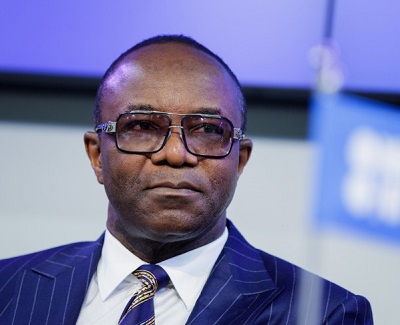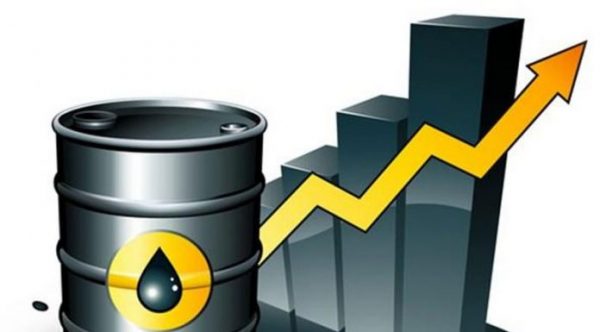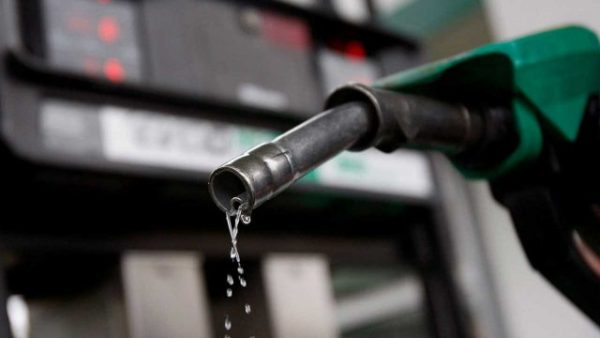Oil prices rally before Algiers meeting
 Oil prices jumped around 3.0 percent in value Monday as the dollar weakened before a meeting of crude producing nations in Algeria to discuss a stubborn supply glut.
Oil prices jumped around 3.0 percent in value Monday as the dollar weakened before a meeting of crude producing nations in Algeria to discuss a stubborn supply glut.
Against a backdrop of depressed prices despite Monday’s rally, members of the Organization of the Petroleum Exporting Countries are meeting this week with key non-OPEC producer Russia on the sidelines of the International Energy Forum in Algiers.
Pre-forum talks last week between OPEC kingpin Saudi Arabia and fellow member Iran resulted in neither willing to commit to trimming overproduction, sending prices plunging more than 3.0 percent on Friday.
Around 1615 GMT on Monday, Brent North Sea crude for delivery in November was up $1.47 at $47.36 a barrel.
US benchmark West Texas Intermediate for November rallied $1.37 to $45.85 compared with Friday’s close.
Oil prices have been hammered by a lingering supply glut since late 2014, sending them to near 13-year lows below $30 in January.
While the market has recovered, crude futures are still weak, the head of Gulf giant Saudi Aramco said on Monday, warning that market volatility could persist in the near future.
“While the oil market has recovered from its most severe period, it’s still weak,” Aramco chief executive officer Amin Nasser said at an energy conference in Dubai.
Algeria’s energy minister on Sunday said “the best solution” in Algiers would be for an agreement on maintaining current output levels.
OPEC “agrees on the need to stabilise prices, it just remains for us to find a format that pleases everyone”, Noureddine Boutarfa said, of the cartel’s 14 members that include the north African nation.
“Crude prices rose on Monday following comments from Boutarfa… that OPEC members would not leave their informal meeting in Algiers on Wednesday empty-handed,” said analyst Bill Hodder at British-based consultancy Love Energy.
“A weak US dollar lent further support to prices,” he added.
A weaker greenback makes dollar-priced oil cheaper for buyers using other currencies, stimulating demand.
Previous attempts in April to reach a deal on oversupplies were scuppered by Iran, which had just emerged from years of Western-imposed nuclear-linked sanctions.
“While several OPEC members have made positive noises in the lead up to talks, there are still questions over how effective any informal agreement might be,” cautioned Hodder.
“Iran has still not responded to Saudi Arabia’s offer to mutually freeze production, possibly indicating that it may be difficult for them to agree a deal on Wednesday.”
Source: AFP







